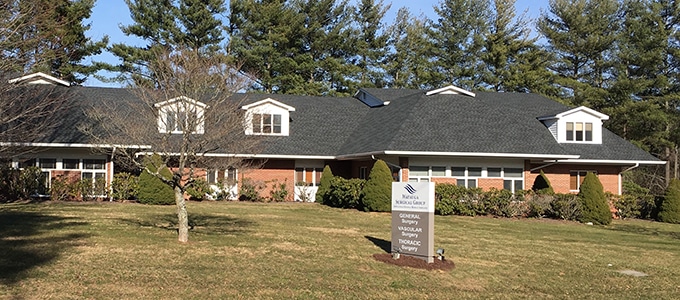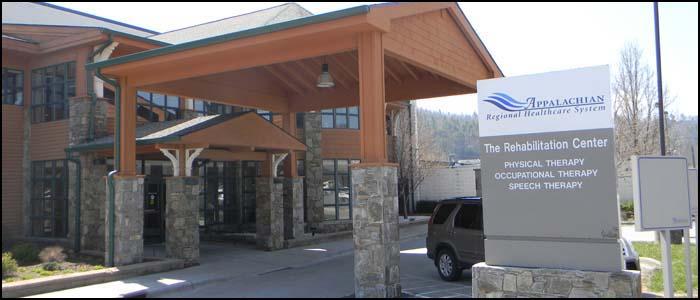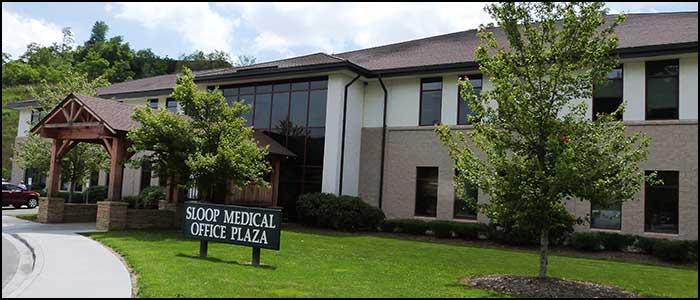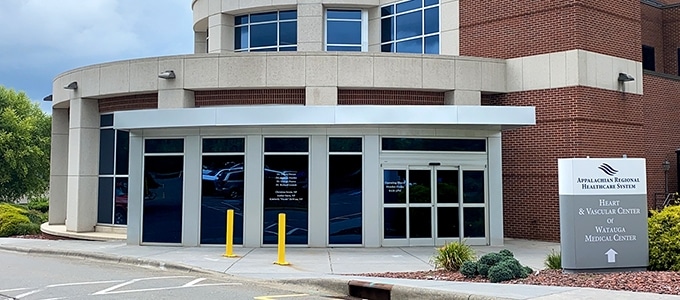The average human heart pumps roughly 2,000 gallons of blood per day through an intricate network of arteries, veins and capillaries that help make up the cardiovascular system. Through these blood vessels this organ system transports nutrients, oxygen and hormones as well as waste to and from cells throughout the body.
In fact, a human body has nearly 100,000 miles of blood vessels. By definition, vascular disease is an abnormal condition of blood vessels. Because blood vessels travel the entire body, vascular disease can present itself anywhere and cause serious problems that may even be fatal.
“As an individual it is our primary duty to take care of our heart the best we can. That means eating a healthful diet, exercise, avoiding smoking, and not ignoring any symptoms which you think may be related to your health,” said Dr. William Scarpa.
What is Vascular Disease?
There are dozens of vascular diseases, but some of the most common are Peripheral Arterial Disease (PAD), Abdominal Aortic Aneurysm (AAA) and stroke, which account for 140,000 deaths each year. Vascular disease affects approximately 10% of Americans with almost half of those being asymptomatic.
Srinivasan says the most common symptoms are:
- Pain in the legs or feet
- Cool shiny skin
- Lack of hair growth
- Sores or ulcers that are slow to heal
- Redness or discoloration
- Swelling
- Hip pain
- Neuropathy
- Impotence or ED (men)
Risk Factors
Although vascular diseases may strike without warning, the same risk factors associated with heart disease are also important with vascular disease and include poor diet, lack of exercise, diabetes, high blood pressure, high cholesterol, and most importantly tobacco smoking.
There are also risk factors for vascular diseases that cannot be changed like age and genetics. For patients experiencing symptoms or who are concerned they may be at risk for a vascular disease, talk to your provider or call the Heart and Vascular Center for more information and consultation.
The diagnosis can be confirmed most often using simple non-invasive tests. We have those available at Watauga Medical Center. Treatment can be as easy as lifestyle changes and medication. For others, simple outpatient, minimally-invasive techniques are available.
Vascular Services in the High Country
UNC Health Appalachian offers several options for Vascular Services in the High Country. Vascular Services are available through the Heart and Vascular Center; Vein Services and Wound Care Services at Watauga Surgical Group; and The Rehabilitation Center. Some of these treatments include:
- Peripheral Artery Disease (PAD) Treatment
- Peripheral Vascular Stenting
- Peripheral Vascular Angioplasty
- Ankle-Brachial Index (ABI)
- Varicose Veins
- Vascular Surgery
- Chronic Disease Wellness
- Nutritional Counseling
- Wound Care Services
- Edema Management
- Physical and Occupational Therapy
The Heart & Vascular Center of Watauga Medical Center
336 Deerfield Road
Boone, NC 28607
Phone: (828) 264-9664
Fax: (828) 264-8144
Heart & Vascular Center Website

Watauga Surgical
965 State Farm Road
Boone, NC 28607
Phone: (828) 264-2340
Fax: (828) 262-0731

The Rehabilitation Center Boone
232 Boone Heights Drive, Suite B
Boone, NC 28607
Phone (828) 268-9043
Fax (828) 268-9045
Rehabilitation Center website

The Rehabilitation Center Linville
434 Hospital Drive
Linville, NC 28646
Phone (828) 737-7520
Fax (828) 737-7509
Rehabilitation Center website
For more information about the Vascular Services offered through UNC Health Appalachian, visit apprhs.org/heart or call:
- Heart and Vascular Center at 828-264-9664
- Vein Services at Watauga Surgical Group at 828-264-2340
Sources:
www.my.clevelandclinic.org/health/diseases/17604-vascular-disease
www.vascularcures.org/peripheral-artery-disease-pad/
www.cdc.gov/nchs/fastats/leading-causes-of-death.htm
Share this page

